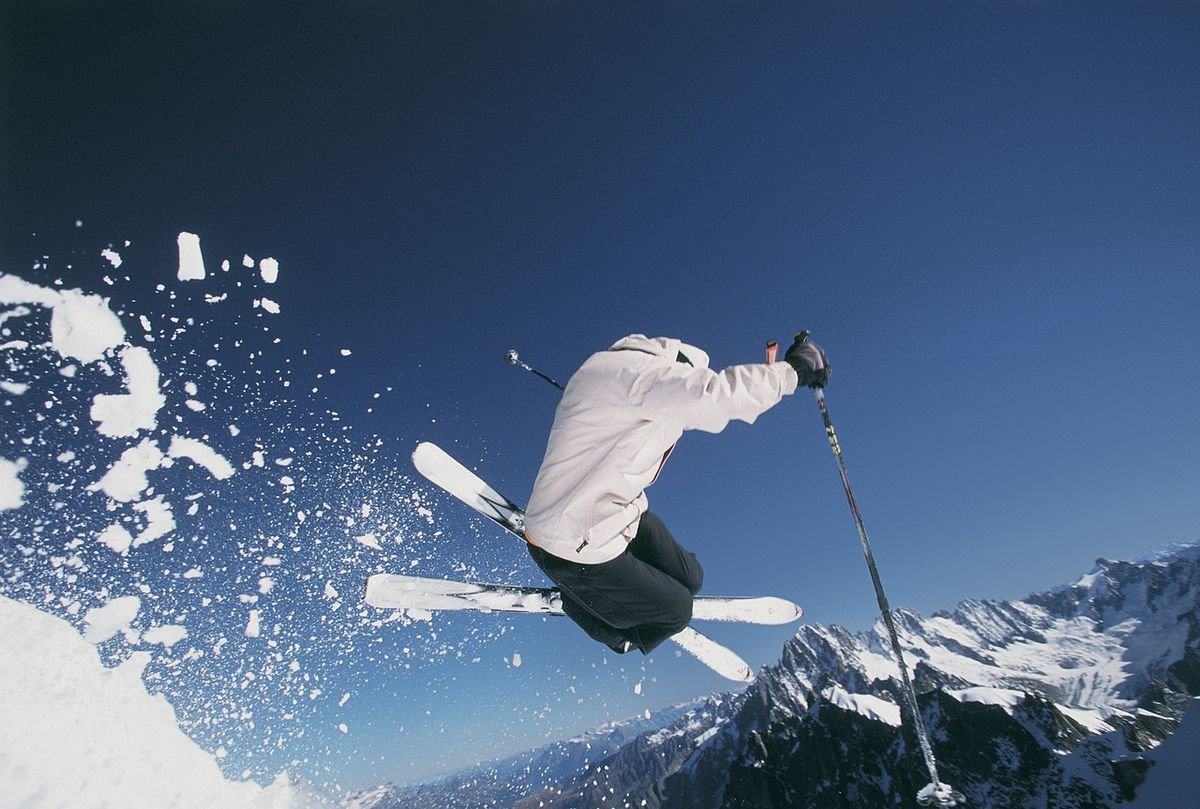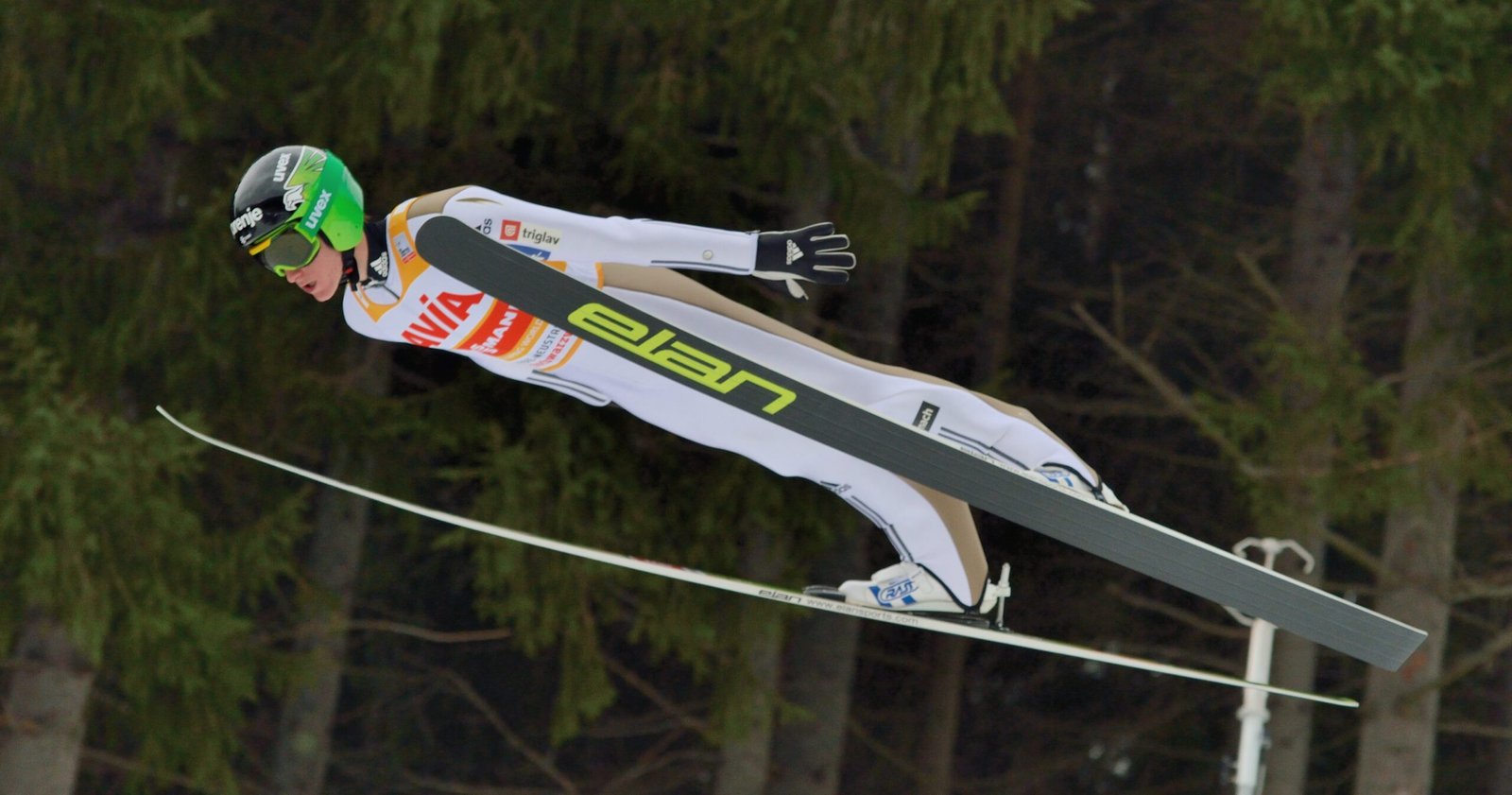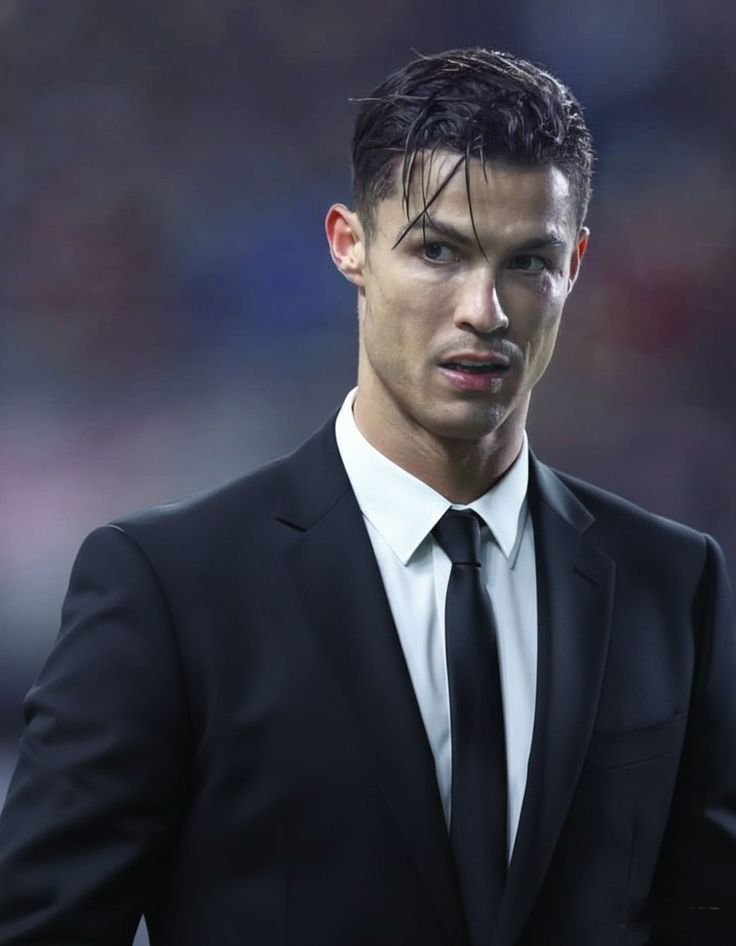The iconic words from Rudyard Kipling’s poem, “If,” greet competitors as they step onto the hallowed grounds of Wimbledon’s Centre Court. The passage reads, “If you can meet with Triumph and Disaster and treat those two imposters both the same.” For Rafael Nadal, this phrase epitomizes his approach to the game. It reflects his mental fortitude, his resilience, and his unparalleled grace on and off the court. To many, including American tennis legend Chris Evert, Nadal embodies these values perfectly.
The Humble Champion
Nadal’s journey has been a testament to perseverance and humility. Despite his 22 major championship titles—second only to Novak Djokovic’s 24—Nadal has remained grounded. Evert, a 7-time French Open champion, believes Nadal’s character sets him apart. “He exuded the most humility,” she said. In an era dominated by fierce rivalries and competitive intensity, Nadal’s demeanor has been a breath of fresh air. Unlike other champions, he refrained from emotional outbursts or blaming external factors for his losses. He accepted defeat with grace and consistently offered compliments to his opponents.
Early Signs of Greatness
Nadal’s career took off at the tender age of 19 when he won his first French Open in 2005. His tenacity and powerful groundstrokes quickly earned him the moniker, “King of Clay.” Dressed in white Capri pants and a sleeveless shirt, Nadal stormed through the tournament, marking the beginning of his dominance at Roland-Garros. He went on to win the French Open 14 times—a record that may never be broken.
Nadal’s relentless energy on the court, coupled with his fierce determination, set him apart. But it was his iconic 2008 Wimbledon victory over Roger Federer that cemented his status as a legend. The match, widely regarded as the greatest tennis match ever played, lasted nearly seven hours, with Nadal finally prevailing in five sets. This victory silenced critics who considered him a clay-court specialist. Nadal proved his versatility by conquering Federer on the grass, Federer’s preferred surface.
The Nadal-Federer Rivalry
The Nadal-Federer rivalry defined a generation of tennis. Fans worldwide were captivated by the contrasting styles and personalities of the two champions. Federer, the elegant Swiss maestro, was known for his grace and effortless technique. Nadal, on the other hand, brought intensity, brute force, and incredible stamina. Their rivalry transcended the sport, as fans from countries like the United States, Great Britain, and Australia chose sides. “They transcend the sport,” says Brad Gilbert, an ESPN analyst and former coach to stars like Andre Agassi and Andy Roddick.
Federer dominated at Wimbledon, winning eight titles, but he could never defeat Nadal at Roland-Garros. Nadal beat Federer all six times they met at the French Open, including four finals in 2006, 2007, 2008, and 2011. Their epic encounters became must-watch events, drawing global audiences and elevating the sport’s profile.
Triumph and Adversity
Nadal’s career has been punctuated by incredible highs and devastating lows. Injuries plagued him throughout, forcing him to miss significant portions of various seasons. Yet, every time he returned to the court, he seemed stronger. “He would miss three months, four months with injuries, then every time he would come back, he’d never miss a beat,” says Gilbert.
Nadal’s ability to adapt his game and maintain a high level of play despite physical setbacks is nothing short of remarkable. His playing style has often been compared to a running back in American football—taking on challenges head-on rather than shying away from them. Gilbert notes, “Instead of going out of bounds, he was taking on tacklers.” His physical style and willingness to fight for every point led many to believe that his career would be cut short. But Nadal defied expectations and delivered results year after year.
Unmatched Clay-Court Dominance
Nadal’s legacy will forever be tied to his unprecedented dominance on clay. His powerful topspin forehand and ability to slide gracefully on the red dirt made him nearly unbeatable at Roland-Garros. Patrick McEnroe, a former U.S. Davis Cup captain and ESPN commentator, remembers Nadal’s performance in the 2019 French Open final against Dominic Thiem. After a competitive start, Nadal completely dismantled Thiem in the last two sets, winning 6-1, 6-1. “For Thiem to win a point was like a monumental effort,” McEnroe recalls. Nadal’s mix of aggression and defense on clay left opponents feeling helpless.
A Storied Career Comes to an End
Nadal, now 38, has decided to step away from the game. His retirement was not entirely unexpected. Injuries took their toll, and he managed to compete in only one major tournament in 2024, where he lost in the first round of the French Open—an event he had won 14 times. He could have chosen to linger on the tour, accepting farewells at each of the Grand Slam tournaments. But Nadal, true to his nature, chose to exit on his own terms. His final tournament will be the Davis Cup Final 8, held in his home country of Spain, starting on November 19.
With his retirement, Nadal will leave behind a legacy of 22 Grand Slam titles, four U.S. Open wins, two Wimbledon championships, and two Australian Open titles. His statue already stands at Roland-Garros, a testament to his unparalleled success on the Parisian clay. His final major victory came at Roland-Garros in 2022, fittingly securing his place as the greatest clay-court player in history.
Nadal’s Impact on Tennis and Beyond
Nadal’s influence extends beyond tennis. His fierce work ethic, humility, and respect for the sport have made him a role model for aspiring athletes worldwide. He has inspired a generation of players and garnered admiration from peers and fans alike. Evert believes Nadal’s absence will leave a void in the sport. “There will be a gaping hole,” she says. Nadal brought order to the chaos, providing stability and sportsmanship in a sport often marked by controversies and outbursts.
Patrick McEnroe praises Nadal’s unique ability to combine offense and defense on the court. “He could do everything. Nobody ever played this aggressively,” he says. Nadal’s topspin forehand, hit with incredible speed and precision, remains one of the most feared shots in the game. He managed to revolutionize the way tennis is played on clay and adapted his style to succeed on other surfaces as well.
The Rivalries That Defined an Era
Nadal’s rivalry with Federer is often considered the greatest in tennis history. Their contrasting styles and mutual respect for each other captivated fans worldwide. But Nadal’s rivalry with Novak Djokovic also shaped his career. Djokovic, the relentless Serbian, tested Nadal like no other. Their head-to-head battles produced some of the most memorable matches in tennis history. Djokovic ultimately surpassed Nadal in Grand Slam titles, but their rivalry elevated both players to new heights.
A Bright Future Ahead
While Nadal’s competitive playing days are over, his future in the sport remains bright. He has expressed interest in mentoring young Spanish players and continuing his work through the Rafa Nadal Academy. His passion for tennis and dedication to nurturing the next generation of talent will ensure that his impact on the sport endures.
Nadal’s retirement signals the end of an era in tennis. The “Big Three”—Nadal, Federer, and Djokovic—dominated the sport for nearly two decades, winning an astonishing number of Grand Slam titles. As Federer retired in 2022 and Nadal steps away, Djokovic remains the last of the trio still competing at the highest level.
Closing Thoughts
Rafael Nadal’s career has been defined by his unwavering determination, humility, and sportsmanship. He leaves behind a legacy that transcends tennis. From his early days as a teenage prodigy to his final days on the tour, Nadal inspired millions with his grit and grace. He treated both triumph and disaster as imposters, focusing instead on his love for the game and respect for his opponents.
With his retirement, tennis bids farewell to one of its greatest ambassadors. Nadal’s name will forever be synonymous with excellence, perseverance, and an unyielding passion for the sport. The void he leaves behind will be felt deeply, but his legacy will continue to inspire future generations of players and fans alike.










